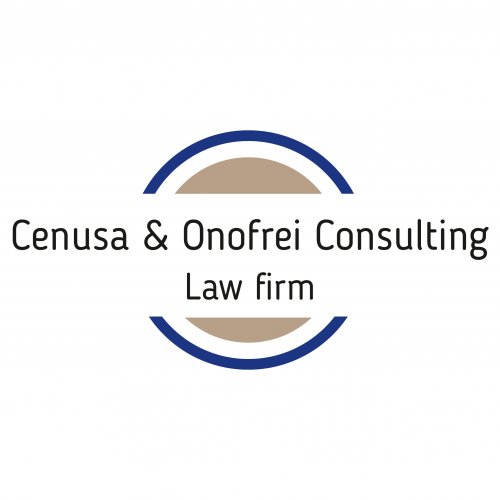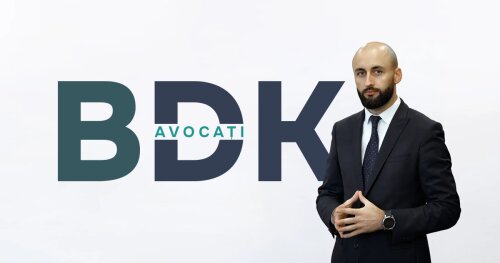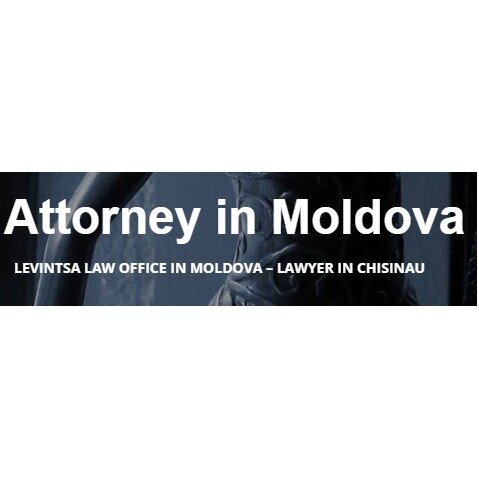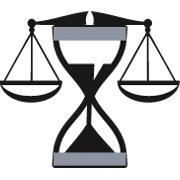Best Faith-Based Law Lawyers in Chisinau
Share your needs with us, get contacted by law firms.
Free. Takes 2 min.
List of the best lawyers in Chisinau, Republic of Moldova
About Faith-Based Law in Chisinau, Republic of Moldova
Faith-Based Law in Chisinau, Republic of Moldova, encompasses the legal framework within which religious beliefs and practices operate. This is particularly relevant due to the country's diverse religious landscape including Orthodox Christianity, Roman Catholicism, and a variety of Protestant denominations, among others. These laws ensure the freedom of religion while balancing it with other societal needs. Faith-Based Law is intertwined with various aspects of civil law, including marriage, inheritance, and religious freedoms.
Why You May Need a Lawyer
A lawyer specializing in Faith-Based Law might be necessary for numerous reasons. For instance, individuals or organizations may require assistance with registering a religious entity or navigating the legalities associated with religious practices. Legal representation may also be needed in disputes involving religious discrimination or when religious practices intersect with family law, such as marriage ceremonies and divorces. Expertise in this specific area of law is crucial to ensure that rights are upheld within the bounds of local legislation.
Local Laws Overview
In Chisinau, the legal framework largely respects religious freedom, as enshrined in the Moldovan Constitution. However, several regulations align these freedoms with civic responsibilities. Key laws include those governing the registration of religious organizations, requirements for public worship, and restrictions on religious activities that may infringe upon public order. Additionally, the law outlines specific provisions for religious education and the protection of religious sites.
Frequently Asked Questions
What is considered a religious organization in Moldova?
A religious organization is usually defined as a legally recognized group formed for the purpose of practicing a religious belief. It must be registered with the Ministry of Justice to gain legal status.
How do I register a religious organization in Chisinau?
Registration involves submitting an application to the Ministry of Justice, including documentation outlining the group's religious beliefs, headquarters, statute, and governing body.
Are there specific laws regarding religious attire in public spaces?
While religious freedom is respected, there are regulations in place to ensure that religious attire does not interfere with public order or safety.
Can religious organizations own property in Moldova?
Yes, registered religious organizations can own property but are required to use it in ways that align with their religious objectives and in compliance with local zoning laws.
What rights do religious organizations have in public education?
Religious organizations can contribute to educational programs but cannot impose religious instruction in public schools unless it's part of an agreed syllabus.
Are there any restrictions on religious practices in Chisinau?
Practices that contravene public order, health, morals, or rights of others may be restricted. Activities must comply with general laws applicable to all citizens.
What protections are in place for religious minorities?
The law ensures equal treatment for all religious groups, prohibiting any form of discrimination on religious grounds.
Who mediates disputes involving Faith-Based Law in Moldova?
Depending on the nature of the dispute, it may be resolved through the local court system or administrative bodies overseeing religious affairs.
Can a religious leader officiate a legally recognized marriage?
Yes, religious leaders can officiate marriages, but couples must also register the marriage with civil authorities to gain legal recognition.
What are the implications of non-compliance with Faith-Based Law?
Non-compliance can result in penalties such as fines, dissolution of the organization, or restrictions on activities.
Additional Resources
For additional guidance, consider reaching out to the Ministry of Justice of the Republic of Moldova for official guidance on religious regulations. The Orthodox Church, Roman Catholic Diocese, and other established religious bodies in Chisinau may also provide advice and support. Legal aid organizations and the public defender's office can offer assistance, especially in cases involving religious rights or discrimination.
Next Steps
If you believe you require legal assistance in Faith-Based Law, begin by consulting a lawyer who specializes in this field. Schedule a consultation to discuss your case and understand the legal options available to you. Filing the necessary paperwork or defending your religious rights in court should always be done with professional guidance to ensure compliance with Moldova's legal standards.
Lawzana helps you find the best lawyers and law firms in Chisinau through a curated and pre-screened list of qualified legal professionals. Our platform offers rankings and detailed profiles of attorneys and law firms, allowing you to compare based on practice areas, including Faith-Based Law, experience, and client feedback.
Each profile includes a description of the firm's areas of practice, client reviews, team members and partners, year of establishment, spoken languages, office locations, contact information, social media presence, and any published articles or resources. Most firms on our platform speak English and are experienced in both local and international legal matters.
Get a quote from top-rated law firms in Chisinau, Republic of Moldova — quickly, securely, and without unnecessary hassle.
Disclaimer:
The information provided on this page is for general informational purposes only and does not constitute legal advice. While we strive to ensure the accuracy and relevance of the content, legal information may change over time, and interpretations of the law can vary. You should always consult with a qualified legal professional for advice specific to your situation.
We disclaim all liability for actions taken or not taken based on the content of this page. If you believe any information is incorrect or outdated, please contact us, and we will review and update it where appropriate.















